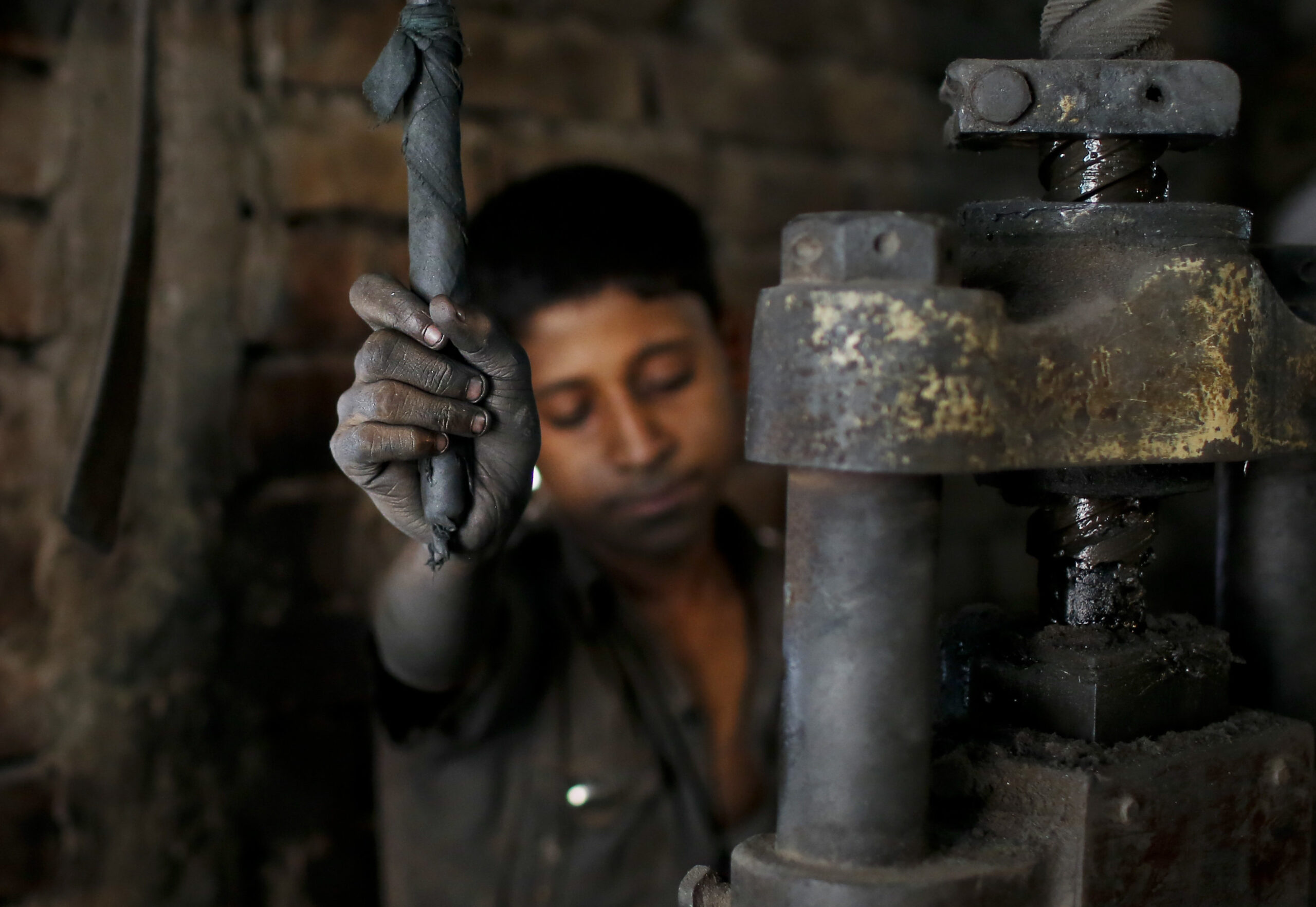The Trump administration is reportedly making plans to rollback youth labor protections, ones that protect teenagers from working longer hours, and in poor work conditions. This is described in a Bloomberg Law report, courtesy of sources within the federal government.
Specifically, according to the report, the administration is eyeing to loosen a handful of specific regulations. One, known as the Hazardous Occupations Orders (HOs), which protects 16 and 17 year-olds from receiving extended training in jobs such as roofing work, and using power-driven machines, that the federal law says is too dangerous for those under the age of 18.
The Department of Labor did not comment to Bloomberg, nor to Salon, on this story.
The sources’ information was corroborated by a summary of a draft regulation Bloomberg Law obtained.
“The Department proposes to safely launch more family-sustaining careers by removing current regulatory restrictions on the amount of time that apprentices and student learners may perform HO-governed work,” the Department of Labor stated in the obtained summary.
As Bloomberg Law explains, there are current exceptions to the Hazardous Occupations Orders, such as those who are part of vocational programs can work in hazardous conditions— but not for more than one hour a day. The initiative is reportedly part of Trump’s larger goal to replace “government red tape with industry-generated standards,” in Bloomberg reporter Ben Penn’s words.
“It is also likely to have at least some bipartisan support from Democrats eager to create job opportunities for youth who aren’t on track to attend a four-year university,” he says in the report.
As the report explains, such a move would likely receive harsh criticism from child labor advocates and politicians. The administration however will reportedly try and position this as a mechanism to provide teenagers with more supervised training for hazardous jobs.
Some critics say that’s unlikely.
“When you find 16-year-olds running a meat slicer or a mini grinder or a trash compactor, we know kids are severely injured in those circumstances,” Michael Hancock, who represent workers at the plaintiff firm Cohen Milstein, told Bloomberg Law. “That’s why the laws exist in the first place.”
“Now we’re saying, ‘We’re going to open those hazards up to kids; we hope that the employer is going to follow the law to a T and make sure the kid is being closely supervised,’” Hancock added. “I think that stretches credulity to think that’s how it’s actually going to work.”
Reid Maki, coordinator of the Child Labor Coalition, shared similar sentiments with Bloomberg Law.
“When I started doing this kind of work 20 years ago, we were losing 70 kids a year at work, and now we are losing usually 20 or less,” Maki said. “We’ve made substantial progress, and I think that the tightened hazardous occupations rules have played a role in the lowered death tolls for teenage workers. So I would not be in favor of relaxing any of these standards; I think it would be a tragic mistake and would lead to the death of teenage workers.”
Some interviewed in the report were unsurprisingly supportive. In general, the Trump administration has been in favor of diminishing worker protections around the board.


